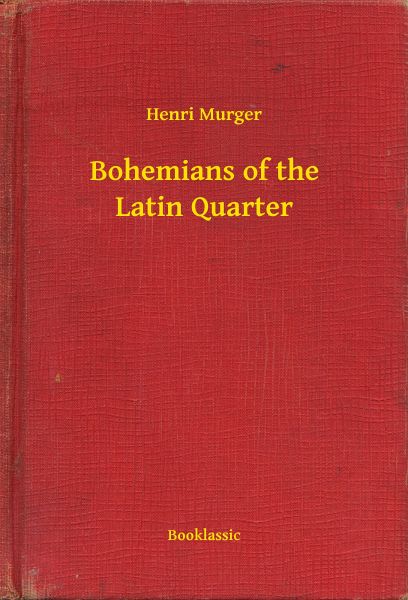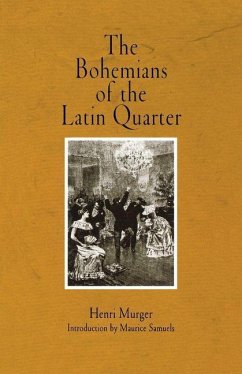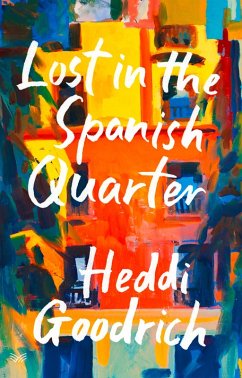
Bohemians of the Latin Quarter (eBook, ePUB)
Versandkostenfrei!
Sofort per Download lieferbar
0,88 €
inkl. MwSt.
Weitere Ausgaben:

PAYBACK Punkte
0 °P sammeln!
This book by Henry Murger was the source of the plot used by Puccini in his opera "La Boheme".
Das E-Book Bohemians of the Latin Quarter wird angeboten von Booklassic und wurde mit folgenden Begriffen kategorisiert:
Das E-Book Bohemians of the Latin Quarter wird angeboten von Booklassic und wurde mit folgenden Begriffen kategorisiert:
Dieser Download kann aus rechtlichen Gründen nur mit Rechnungsadresse in A, B, BG, CY, CZ, D, DK, EW, E, FIN, F, GR, H, IRL, I, LT, L, LR, M, NL, PL, P, R, S, SLO, SK ausgeliefert werden.













